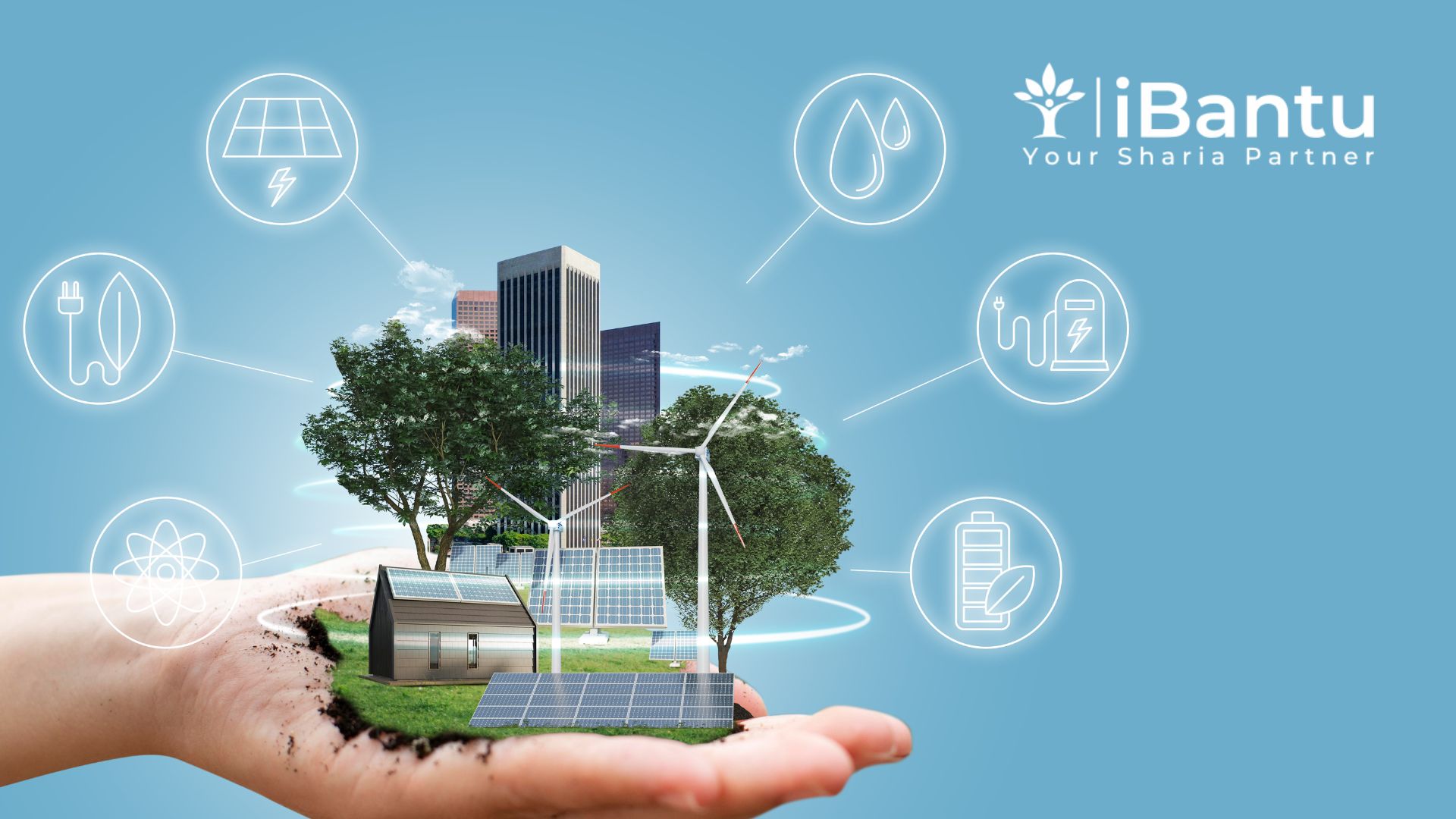Is Islamic Finance in Indonesia in line with the climate change action? If we date back, Islamic Finance emerged 50 years ago in countries with large Muslim populations like Egypt, Gulf Countries and Pakistan. The 50 year trend of Islamic Finance has been increasing across the globe year by year. In 2019, Islamic finance assets amounted to US$2.88 trillion, the highest recorded growth for the industry since the global financial crisis. The prospects look positive: by 2024, this is set to rise to US$3.69 trillion. Nowadays in the case of Islamic Finance, Indonesia ranked first in Islamic Finance Country Index (IFCI) in the Global Islamic Finance Report 2021. This is mainly because Indonesia has the most dynamic Islamic social finance sector among all countries in the world. But will Islamic Finance in Indonesia with this achievement have a good impact on the sustainability behind?
Innovation of Aqd and its challenge
Before discussing sustainability and Islamic Finance, we have to understand the transaction contracts encouraged by Islamic Finance. In Islam, contracts or transactions of an agreement between each parties is called by al-Aqd, such as marriage contract and talaq (divorce) contract, or such in commercial transactions as bay’ (sale-purchase) contract, ijarah (lease) contract, hibah (gift) contract as tabarru’ (voluntary) contract and so on. Currently, innovations of Aqd have been developed, especially in business transactions such as Tawarruq Munazzam’s contract. The contract enables the bank’s customers to obtain cash backed by Crude Palm Oil (CPO) trading arranged by the bank and dedicated exchange platform. Within the scheme of Tawarruq Munazzam, there is a sale and buy-back at a discounted rate (bay’ al-‘inah). A dedicated article will elaborate this contract.
Implementation of Aqd from Fiqh Perspective
From Islamic ruling (fiqh) perspective, this contract is suspicious, some Sharia scholars agreed while others do not. In Malaysia for instance, they use the contract, support it, and widely use it for Islamic banking products concerning the banking regulation on Capital Adequacy Ratio (CAR). On the other hand, Middle East Countries mostly do not support the implementation of Tawarruq Munazzam due to its convergence with conventional loan schemes whereby the discounted rate and fixed price exist. Intense concentration on the controversial Aqd may have an impact on the growth of market share of Islamic Finance.
As an illustration, if there is a project worth 1 trillion dollars and should be funded by a sharia financing scheme while the case forces the implementation of a Tawarruq Munazzam contract, then only countries like Malaysia can take on the project. Meanwhile, other Muslim-majority countries which prioritize the validity of contracts could not undertake the project due to the rationale mentioned above.
As for Indonesia, the national shariah authority still restricts the use of tawarruq munazzam and only permits it for wholesale banking liquidity transactions via Islamic Interbank Money Market in the country. To date, retail islamic banking products either in deposit or financing do not use the contract. As an impact, islamic bank market share relative to the conventional counterparts is still considered small at about 6 to 7 percent. From this illustartion, we can assume that if there are no different views and mutual support for existing contracts, then the expansion of the market share of Islamic finance will be faster and even greater.
Fiqh Divergence Opinion vs Basel Standard.
Diverse opinions may hinder the increase of market share. Imagine if all sharia scholars are unanimous that the Tawarruq Munazzam contract is applicable for liquidity or working capital needs. If we compare to Basel Standard, the CAR is a core element of the banking industry. When the Basel Committee for Banking Supervision (BCBS) imposed that the CAR should change from 5% into 10%, banks across the globe should consider this new shift of standard.
We don’t ignore special economic cases of certain regions that have some influences for the implementation of sharia contracts. But again, in the Legal Maxim (Qawaid Fiqhiyyah) maintains that ruling is in accordance with the majority case, not a particular small case.
Islamic Finance based on Maqasid Shariah and Climate Change Actions
Contracts are always essential to discuss, but there is another element behind it we have to know more, named by Maqasid Shariah (objectives of shariah). It is a branch of Islamic knowledge that deep-dives into the reasons and higher intent of Islamic law. To introduce Maqasid Shariah, Hifz al mal (preservation of wealth) is one of the most important objectives of the Shariah. The Muslim jurists assert that the concept of Hifz al mal goes beyond its literal meaning. It does not mean to preserve the wealth per se, but the concept also covers the encouragement to generate, accumulate, preserve as well as distribute the wealth in a just and fair manner. Also there is Hikmah (reason) why Muslim people have to preserve their wealth. One of the reasons is because healthy wealth will bring religion, life, descendants, and mind from other objectives of sharia health and vice versa.
In addition, according to our question above about Islamic Finance in Indonesia today, is it in line with sustainable development such as climate change action? The Islamic banking sustainability paradigm in terms of funding decisions focusing on the Islamic provision and ethics with the main framework to avoid harm and consequently promote the wealth of society wherein the beginning of the implementation to alleviate poverty and reduce inequality. On the other hand, Islamic banks should promote sustainable financial instruments to benefit society. This manifestation is responsible in the form of contributing to society’s well-being, where the final goal is to Falah (human well-being) and Hayat Tayyibah (the good life).
Islamic Banking and Finance needs to be in line with SDGs
In conclusion, Islamic Finance and Islamic Banking in general needs to be in line with Sustainable Development Goals (SDGs) as well as climate change actions in their portfolio despite banks having diverse orientations in the industry. For example, one of Islamic Banks in Indonesia started to allocate 26 percent of its financing assets to align with SDGs concepts such as carbon emission, even the other funding for not in line with SDGs concept.
Meanwhile, another Islamic Bank in Indonesia is still financing coal companies and cattle farms, which is not in line with climate change action. Even every company plans to get higher profit and take opportunities, but Islamic Finance and Islamic Banking in Indonesia have to be conscious of their responsibility to the world as well as renewable energy. Furthermore, the Maqasid Shariah also explains that we have to save our descendants (Hifz al-Nasl) to be affected by how we save our natural resources. Lack of natural resources also will affect a national disaster. Hence, national disaster will affect health, and also financial health in the end.
For the rest, find out more about education of Islamic finance by joining iBantu Academy.

